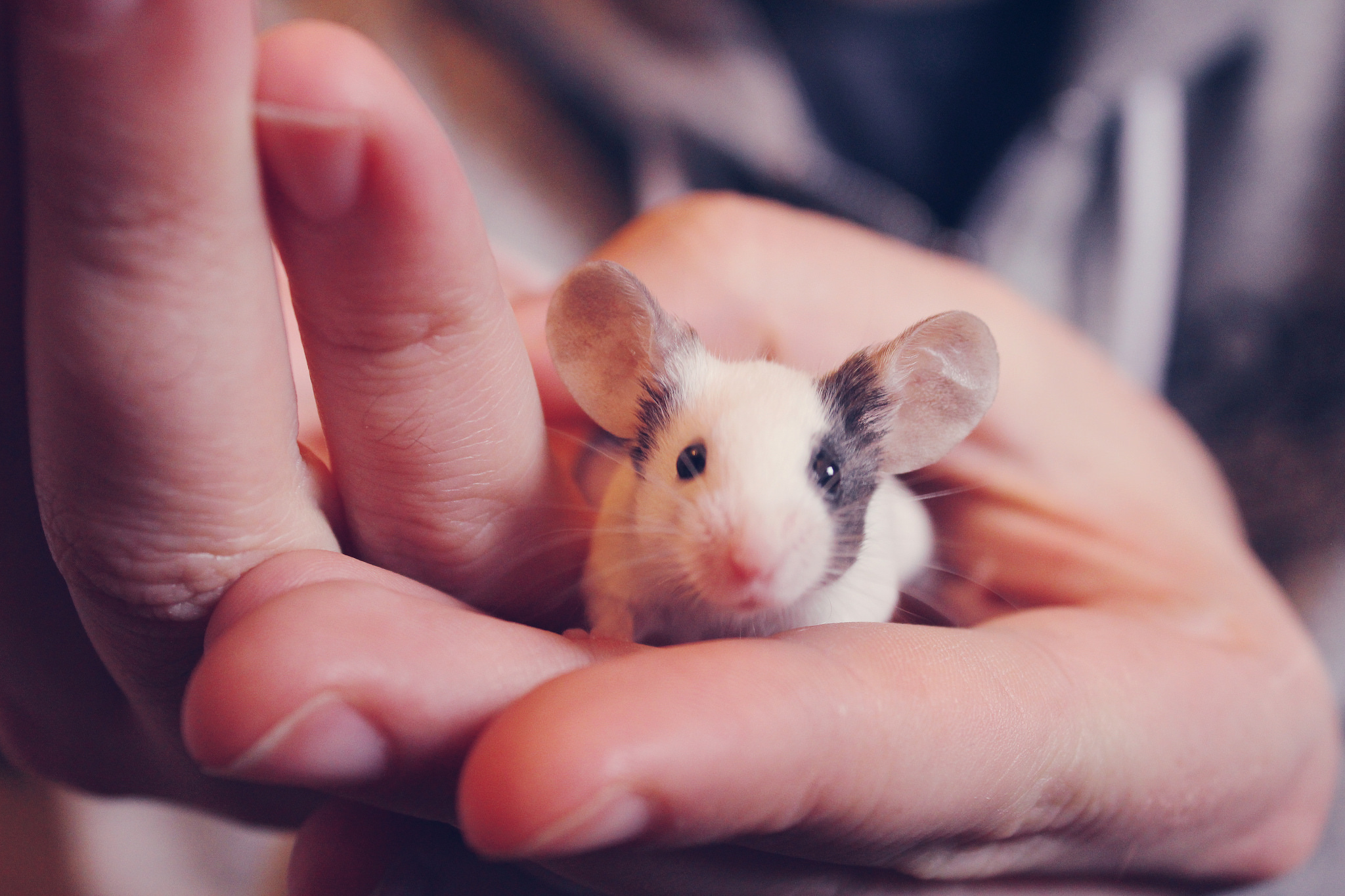Researchers at The Scripps Research Institute have discovered a new way to help treat Huntington’s disease, a neurodegenerative disorder of the brain that leads to physical, psychological, and cognitive impairments, eventually resulting in death. The disease is caused by an inherited genetic mutation, with an onset typically occurring in middle age. Currently, there is no cure for Huntington’s disease, but there are medications to manage symptoms.
This study looked at a particular drug that uses epigenetics to help not only mice with Huntington’s disease, but also their offspring. Epigenetics describes how environmental factors, such as diet or stress, can influence how genes are expressed by activating or silencing certain genes. These changes in gene expression can be passed down through generations.
In the study, researchers used a histone deacetylase inhibitor (HDACi) drug called HDACi 4b, capable of causing epigenetic changes in DNA. In mice, HDACi 4b has been shown to lessen the effects of Huntington’s disease; researchers treated mouse muscle and brain samples with HDACi 4b and observed changes in gene expression. When human fibroblast cells were treated with the drug, mostly the Y chromosome changed, which males carry.
Image Source: RubberBall/ Mike Kemp
They then took two groups of male mice with the human Huntington’s disease gene, gave one group the drug, and bred the mice. The researchers found that the male offspring of the mice that received treatment benefited from the treatment in addition to the original male mouse that was given the drug; the offspring had delayed onset of the disease and performed better on tests that reflected motor and cognitive ability. These results raise the question of whether there is a way for these benefits to be passed onto female offspring, along with future generations.
This study suggests the possibility that parents can take a drug that will reduce the severity of Huntington’s disease in their offspring. This kind of therapy can also potentially help the children of people with bipolar disorder and certain types of cancer. More research is needed to study the mechanisms of these drugs and determine whether the drugs have side effects.
Feature Image Source: Meet Piemur! by Alice










